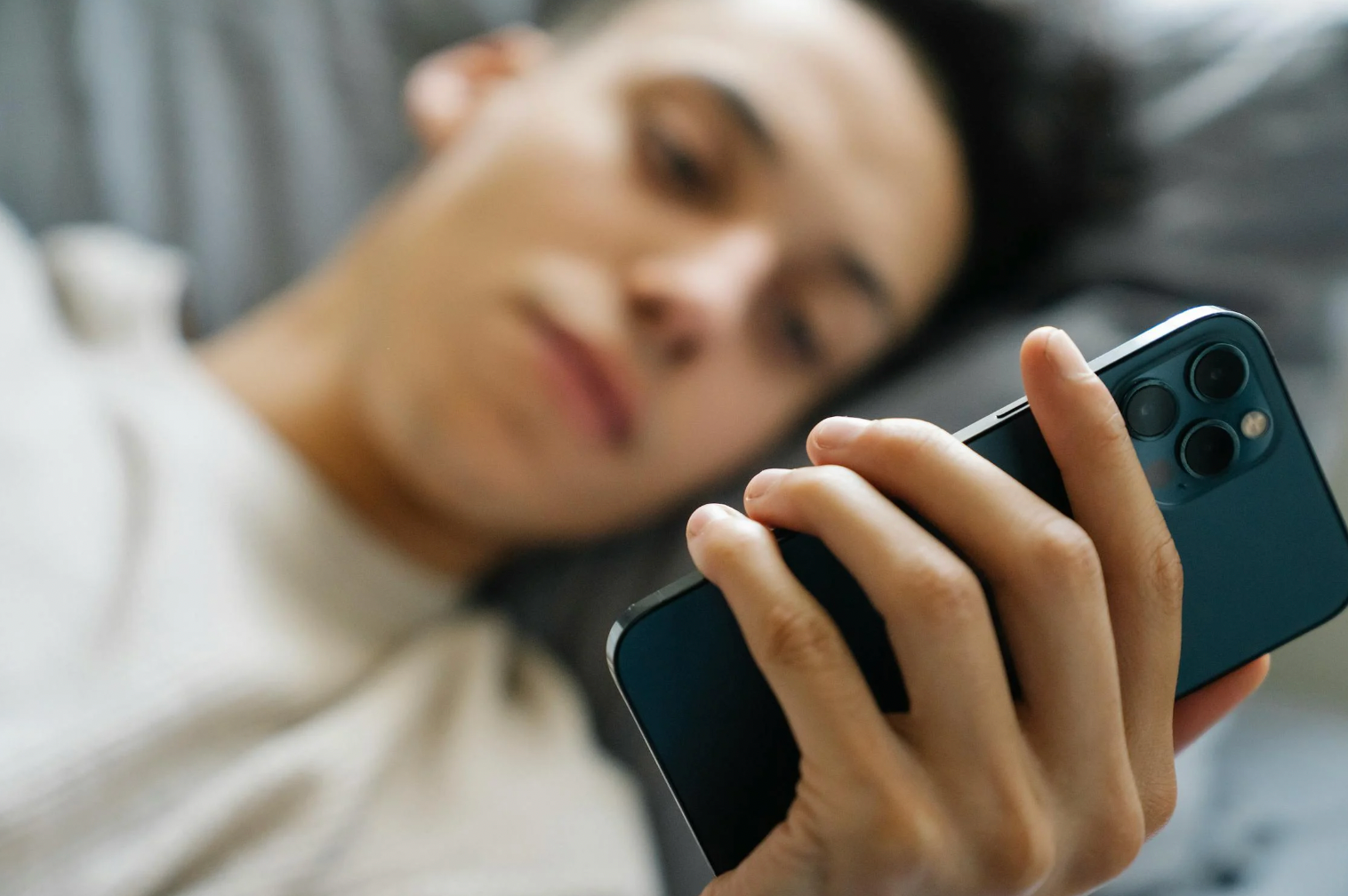Mobile phone addiction, also known as problematic mobile phone use or smartphone addiction, is characterized by excessive and compulsive use of mobile phones. It can lead to a range of negative consequences, including anxiety, depression, and impaired daily functioning. The constant need to check notifications, browse social media, and stay connected can create a dependency that is difficult to break.
The Impact of Mobile Phone Addiction on Mental Health
Anxiety and Depression
Several studies have linked mobile phone addiction to increased levels of anxiety and depression. The constant bombardment of information and the pressure to respond to messages and notifications can be overwhelming. Social media, in particular, can contribute to feelings of inadequacy and low self-esteem as users compare their lives to the curated and often idealized lives of others.
Stress
Mobile phone addiction can also elevate stress levels. The need to be constantly available and responsive can create a sense of urgency and pressure. Notifications, emails, and messages demand immediate attention, making it difficult to relax and unwind. This perpetual state of alertness can lead to chronic stress, which has detrimental effects on mental health.
Loneliness and Isolation
Paradoxically, while mobile phones are designed to enhance communication, their excessive use can lead to feelings of loneliness and isolation. Spending too much time on the phone can reduce face-to-face interactions and weaken real-life social connections. This can result in a sense of loneliness and social disconnection, further exacerbating mental health issues.
The Role of Sleep Quality
One of the most significant ways in which mobile phone addiction impacts mental health is through its effect on sleep quality. Sleep is crucial for maintaining good mental health, and poor sleep quality can lead to a range of psychological issues.
Blue Light and Sleep Disruption
The blue light emitted by mobile phone screens interferes with the production of melatonin, the hormone responsible for regulating sleep. Exposure to blue light, especially before bedtime, can disrupt the natural sleep-wake cycle, making it difficult to fall asleep and stay asleep. This can lead to insomnia and other sleep disorders, which are closely linked to mental health problems such as anxiety and depression.
Late-Night Usage
Many individuals with mobile phone addiction tend to use their devices late into the night. Scrolling through social media, watching videos, or playing games can delay bedtime and reduce overall sleep duration. Insufficient sleep can impair cognitive function, increase irritability, and lower mood, all of which negatively impact mental health.
Sleep Quality and Mental Health
Good sleep quality is essential for emotional regulation and cognitive function. Poor sleep can lead to impaired judgment, difficulty concentrating, and heightened emotional reactivity. Over time, these issues can contribute to the development of mental health disorders. Thus, mobile phone addiction, by disrupting sleep, indirectly harms mental health.
Strategies to Mitigate the Impact of Mobile Phone Addiction
To address the negative impact of mobile phone addiction on mental health, it is important to adopt strategies that improve sleep quality and enhance perceived social support.
Improving Sleep Quality
- Set a Screen Curfew: Establish a rule to turn off mobile devices at least an hour before bedtime to reduce blue light exposure and promote better sleep.
- Use Night Mode: Enable night mode or blue light filters on mobile devices to minimize the impact of blue light on sleep.
- Create a Bedtime Routine: Develop a relaxing bedtime routine that does not involve screens, such as reading a book or practicing meditation.
- Designate a Charging Station: Keep mobile phones out of the bedroom by designating a charging station in another room.
- Enhancing Perceived Social Support
- Prioritize Face-to-Face Interactions: Make an effort to spend more time with friends and family in person, rather than relying solely on digital communication.
- Limit Social Media Use: Set boundaries for social media use to ensure it does not interfere with real-life relationships and activities.
- Engage in Meaningful Activities: Participate in activities that foster genuine connections, such as joining clubs, volunteering, or attending social events.
- Seek Professional Help: If mobile phone addiction is significantly impacting mental health, consider seeking help from a mental health professional.
Mobile phone addiction is a growing concern in the digital age, with significant implications for mental health. The impact of mobile phone addiction on anxiety, depression, stress, and loneliness is mediated by factors such as sleep quality and perceived social support. By understanding these relationships and adopting strategies to improve sleep and enhance social support, individuals can mitigate the negative effects of mobile phone addiction on their mental health. As we continue to navigate the digital landscape, it is crucial to strike a balance between staying connected and maintaining our well-being.





